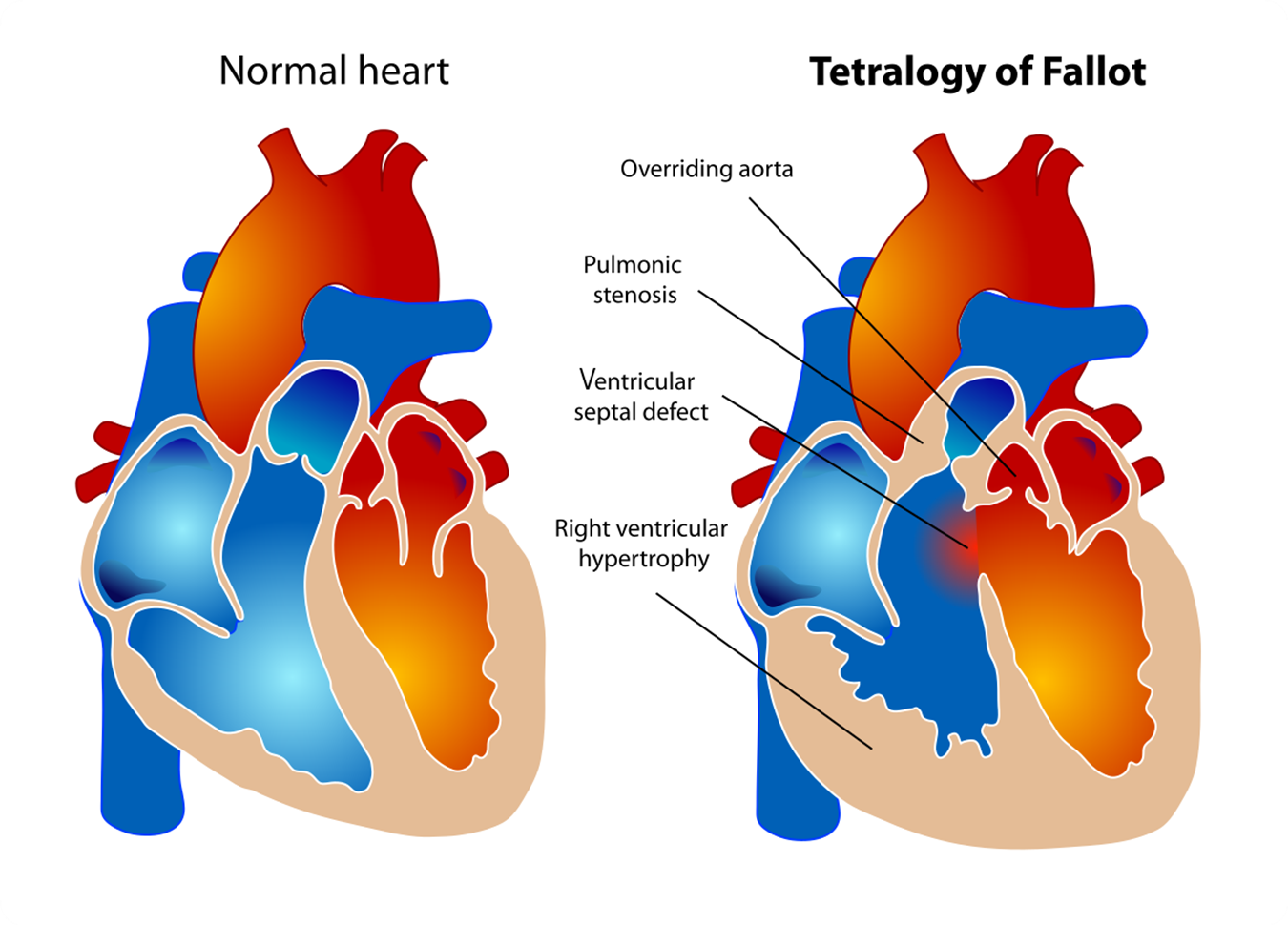A nurse is caring for a client who has developed cardiac tamponade. Which of the following symptoms should the nurse expect to observe?
Pleural friction rub
Distended neck veins
Widening pulse pressure
Bradycardia .
The Correct Answer is B
Choice A rationale
A pleural friction rub is an audible raspy breathing sound, a medical sign present in some patients with pleurisy and other conditions affecting the chest cavity. It is not a typical symptom of cardiac tamponade.
Choice B rationale
Distended neck veins are a result of the collapsed blood vessels that should return blood to the heart. This is a common symptom of cardiac tamponade.
Choice C rationale
Widening pulse pressure occurs with valvular heart disease, not typically with cardiac tamponade.
Choice D rationale
Bradycardia, or a slower-than-normal heart rate, is not typically associated with cardiac tamponade.
Nursing Test Bank
Naxlex Comprehensive Predictor Exams
Related Questions
Correct Answer is C
Explanation
Choice A rationale
A Ventricular septal defect (VSD) is a hole in the wall separating the two lower chambers of the heart. While it can cause cyanosis, it would not typically cause cyanosis only during crying or after feeding.
Choice B rationale
An Atrioventricular canal (AVC) defect is a combination of heart problems resulting in a defect in the center of the heart. While it can cause cyanosis, it would not typically cause cyanosis only during crying or after feeding.
Choice C rationale
Tetralogy of Fallot is a rare condition caused by a combination of four heart defects that are present at birth. These defects, which affect the structure of the heart, cause oxygen-poor blood to flow out of the heart and into the rest of the body. Infants and children with Tetralogy of Fallot usually have blue-tinged skin because their blood doesn’t carry enough oxygen. This is often more noticeable during episodes of crying or feeding.
Choice D rationale
An Atrial septal defect (ASD) is a hole in the wall between the two upper chambers of your heart (atria). The condition is present at birth (congenital). Small defects might be found by chance and never cause a problem. Some small atrial septal defects close during infancy or early childhood. While it can cause cyanosis, it would not typically cause cyanosis only during crying or after feeding.

Correct Answer is A
Explanation
Choice A rationale
Skin hyperpigmentation is a common symptom of chronic venous insufficiency. This happens because blood pools in the veins and can leak into the surrounding tissue, causing a change in skin color.
Choice B rationale
Gangrene is not a typical symptom of chronic venous insufficiency. Gangrene is a serious condition that occurs when tissue dies due to a lack of blood flow.
Choice C rationale
Edema, or swelling, is a common symptom of chronic venous insufficiency, but it typically occurs in the lower legs and ankles, not above the knee.
Choice D rationale
Deep vein thrombus formation is not a typical symptom of chronic venous insufficiency. However, a history of deep vein thrombosis can increase the risk of developing chronic venous insufficiency.
Whether you are a student looking to ace your exams or a practicing nurse seeking to enhance your expertise , our nursing education contents will empower you with the confidence and competence to make a difference in the lives of patients and become a respected leader in the healthcare field.
Visit Naxlex, invest in your future and unlock endless possibilities with our unparalleled nursing education contents today
Report Wrong Answer on the Current Question
Do you disagree with the answer? If yes, what is your expected answer? Explain.
Kindly be descriptive with the issue you are facing.
